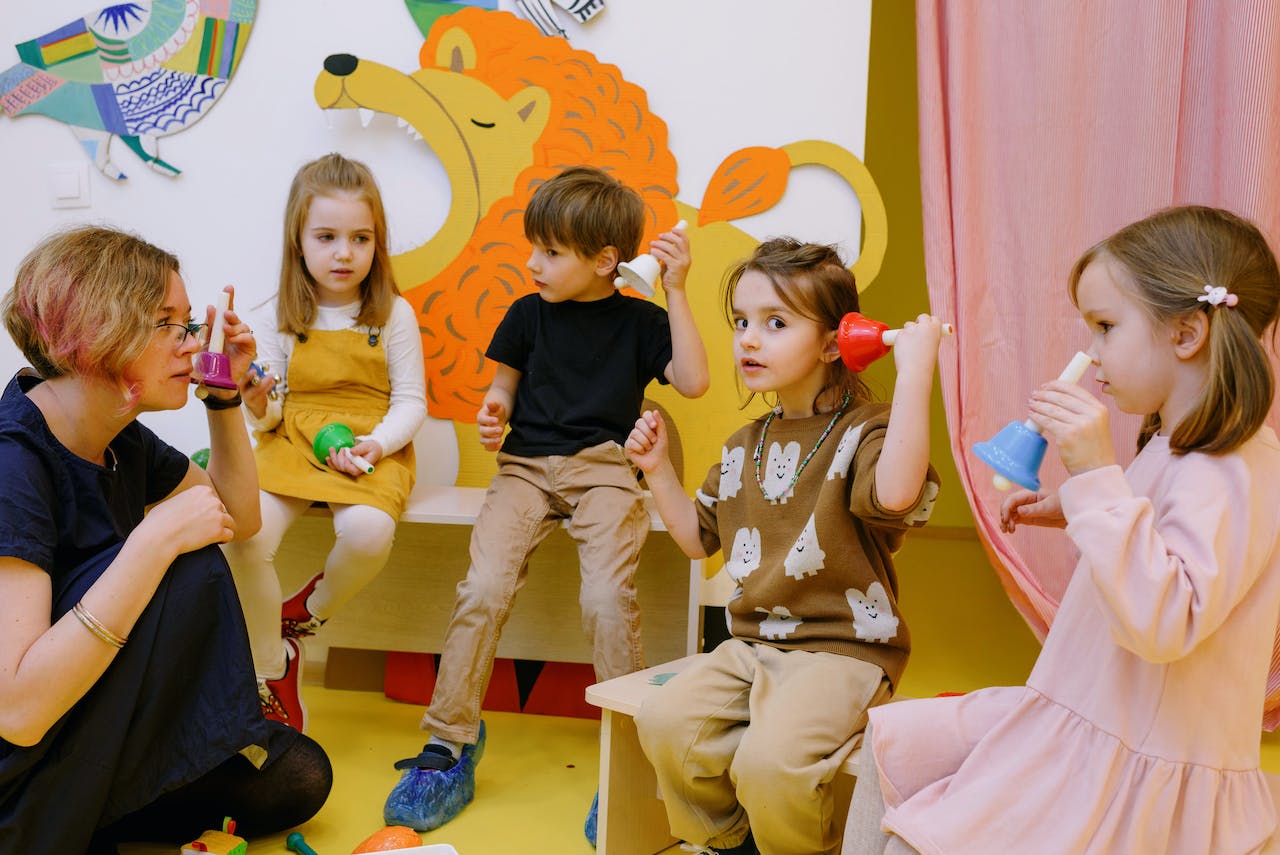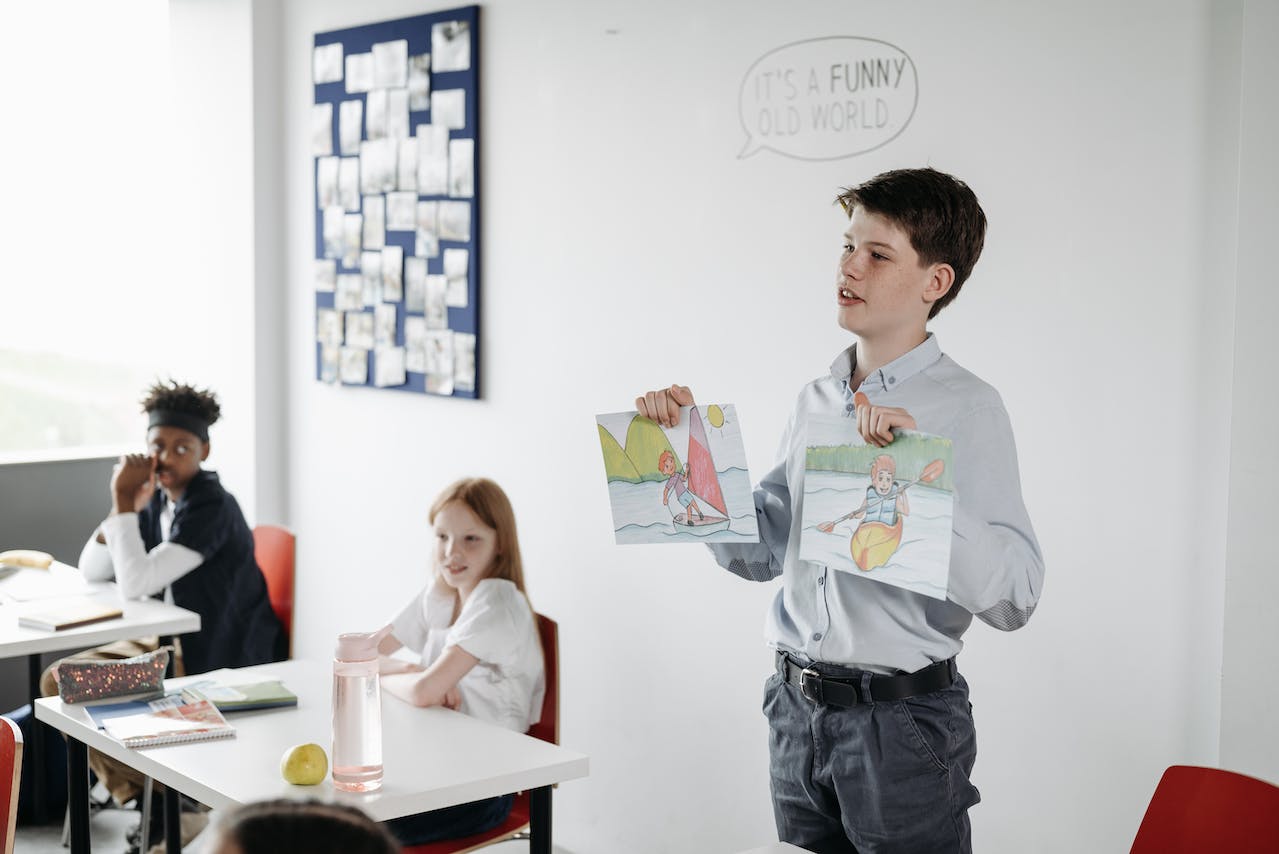Introduction
Social and communication skills form the foundation of a fulfilling life, and for children with special needs like autism, learning disabilities, or ADHD, cultivating these skills is a unique challenge. Special Education Needs (SEN) teachers, armed with certifications like PG Diploma in Autism or Online Special Education Courses, play a crucial role in supporting these children. This article explores the effectiveness of Social Stories. A popular strategy employed by SEN educators to enhance social communication skills in autistic children.
Why Social Stories?
Teaching social skills to children with special needs requires innovative approaches, and Social Stories have emerged as a powerful tool. SEN educators, especially those with certifications from PG Diploma in Autism or specialized online courses, find Social Stories effective in fostering communication without hesitation. These stories expose children to various social cues, facial expressions, and eye contact, helping them navigate social interactions with confidence.

The Challenges of Autism
Children with autism often face delays in developing social and interpersonal skills, leading to difficulties in interacting with others. Certified SEN teachers use professional practices to guide these children, and Social Stories become an invaluable resource in this process.

The Impact of Social Stories
Devised by Carol Gray in the 90s, Social Stories are narrative-based tools grounded in real-life incidents. These stories aid autistic children in understanding activities, social norms, and expectations accurately. By addressing challenges in social communication and socio-emotional reciprocity, Social Stories contribute significantly to the development of interactive skills.

Creating Effective Social Stories
To Create Social Stories involves three key principles:
- Short: Given the low attention spectrum of children with autism, stories should be concise and to the point.
- Specific: The message should be direct and in the first person to accommodate the challenges of indirect communication faced by autistic kids.
- Simple: Considering the cognitive challenges of children with ASD, stories should avoid complicated scenarios.
Creating social stories requires relevance to specific events, explaining rules, norms, or behavioral patterns seamlessly. These stories must be constructive, with careful consideration given to the emotional tone and visual representation. It’s crucial to ensure the absence of pessimistic tones, maintaining a positive and pleasant visual narrative to engage the autistic child effectively.
Conclusion
Incorporating Social Stories into the educational toolkit of SEN teachers has proven to be a transformative approach in enhancing social communication skills for autistic children. As educators continue to explore innovative strategies, Social Stories stand out as a beacon of hope, providing a structured and constructive way to navigate the unique challenges faced by children with autism.
Source
- Gray, C. (2000). The new social story book: Over 150 social stories that teach everyday social skills to children with autism or Asperger’s syndrome, and their peers. Future Horizons.
- Hume, K., Loftin, R., & Lantz, J. (2009). Increasing independence in autism spectrum disorders: A review of three focused interventions. Journal of Autism and Developmental Disorders, 39(9), 1329-1338.
- National Autistic Society. (2022). Social Stories™. Retrieved from https://www.autism.org.uk/about/strategies/social-stories.aspx







